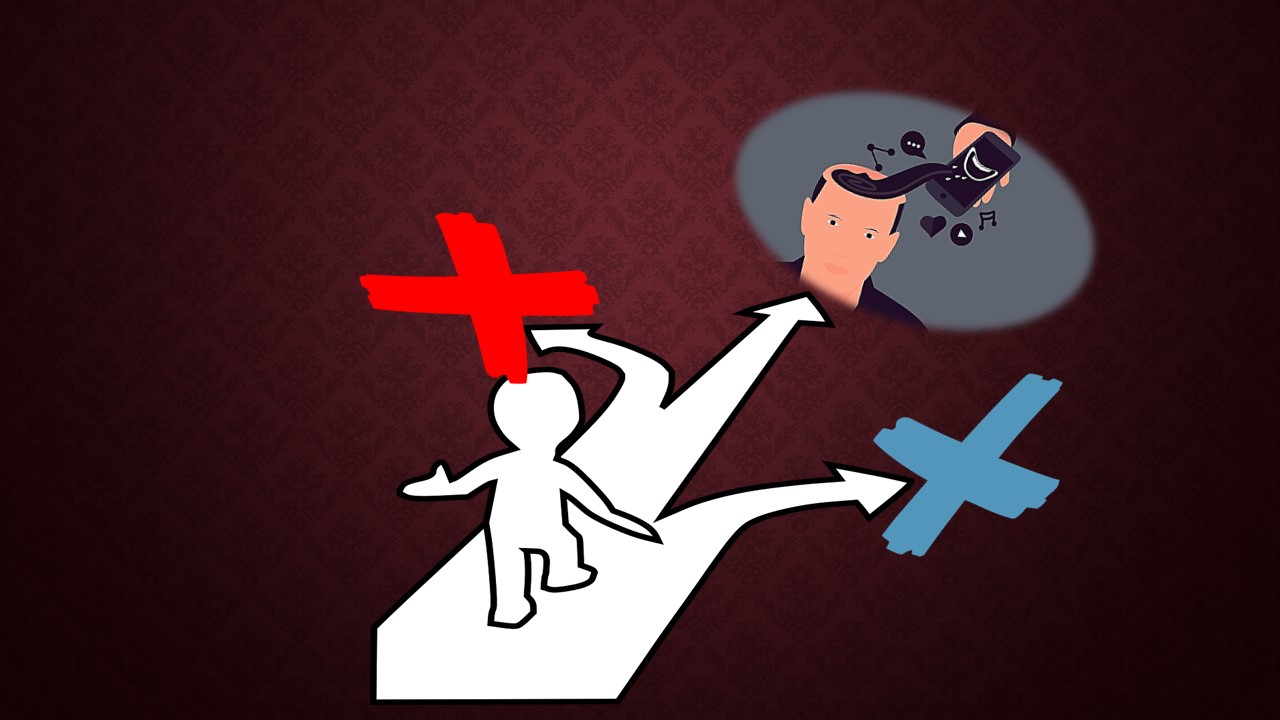
Este artículo expresa la preocupación acerca de las razones por las cuales en el mundo llamado "democrático", se hace casi imposible estabilizar gobiernos de centro; es decir, que trasciendan tanto el extremismo demencial del socialismo estado-centrista (caso del chavismo en Venezuela) como el extremismo demencial del neo-liberalismo (caso de Chile y Piñera)...
This article expresses the concern about why in the so-called "democratic" world, it is almost impossible to stabilize center governments; In other words, that they transcend both the insane extremism of state-centrist socialism (the case of Chavismo in Venezuela) and the insane extremism of neo-liberalism (the case of Chile and Piñera) ...
There are few opinion-makers on the subject of politics, who have lightly been saying that the notion commonly used "left" and "right" is meaningless. But the truth is that social practice has been dismantling such a criterion of disqualification ... This is not because both notions register a rigor compared, for example, with scientific categories, but even with the quotas of chiaroscuro and relativity that such ideas carry with them, connote meanings that help the analyst (and also the common mortal) to establish necessary differences in terms of the qualities and quantities that the social power factor acquires in the different (passing and zigzagging) historical moments in which it takes concrete form tenor of governments of the right or of governments of the left.
Perhaps the following couple of Latin American examples are appropriate (given the Manichaeism it raises) ... Even with the ties that made the ultra-rightist dictatorship of Pinochet in Chile in the last century and the ultra-leftist dictatorship of Castro in the Cuba of the last century (and that still lasts) in terms of authoritarianism, denial of plurality, etc., there is no doubt that both regimes incarnated different cultures of social power, different paradigms ... Let's add another example ... Still with the ties that the decadent governments of Nicolás Maduro of Venezuela and Iván Duque of Colombia make extremely similar, in terms of authoritarianism, police and military violence against the masses, corruption, surrender to foreign powers, in short, there is no doubt that one and Another so-called democratic regime embodies different cultures of social power, different paradigms ... In the case of Venezuela, culture and paradigm marked by the legacy of the not very balanced Hugo Ch Ávez (1954-2013) and in the case of Colombia, culture and paradigm marked by the action that the not free of suspicion Álvaro Uribe (ex-President of that country) develops in hot.
Siguiendo con América Latina (Iberoamérica, diremos mejor)... El ping-pong ideológico-político que se observa más acá y más allá de las aparatosas elecciones que acaban de llevarse a cabo en Perú, al parecer refuerzan la verosimilitud de las nociones que aquí en el post estamos tratando.
Yes. What about centrism? Is it perhaps impossible to reconcile, on the one hand, the capacity that the market has (in its entrails and in its external projections) to generate wealth and, on the other hand, the genetic nature of the State to socialize that wealth with some sense of justice? Is it impossible that in an economy of those called "mixed", the State can avoid the militancy (almost always carried out) of the council that says "open coffers, temptation for innocents"? Did "socialist", "Christian democrat" and "social democratic" governments such as, for example, those of France ( Francois Mitterrand, Francois Hollande), Spain (Felipe González, JL Rodríguez Zapatero, to name two), Venezuela (Rómulo Betancourt, Carlos Andrés Pérez, to name two), Chile (everyone who ruled after Pinochet!)?
Without ambiguity, it must be said that every day the teleological phrase that reads ... "The whole market as the State factually and normatively allows it; and the whole State as the market factually and normatively allows it!"
For this, we must embrace Kantian morality about duty. You have to honor your duty, not out of interest, not out of fear or any other reason ... You have to do your duty because you have to do it. The musicians of the Titanic, we say, without having read, analyzed and evaluated the work of Kant (Prussian philosopher, 1724-1804), did their duty until the water did its fatal action ... I hope that the politicians and the democratic peoples of the world, look at it like this ...

- FUENTE DE IMÁGENES: / SOURCE OF IMAGES: https://pixabay.com/es/vectors/confusi%C3%B3n-izquierda-derecho-recto-311388/ https://pixabay.com/es/vectors/cruz-eliminar-quitar-cancelar-296507/ https://pixabay.com/es/illustrations/medios-de-comunicaci%C3%B3n-social-5114844/
Agradecido por su refuerzo a través del voto y toda la simbología que ustedes expresan.